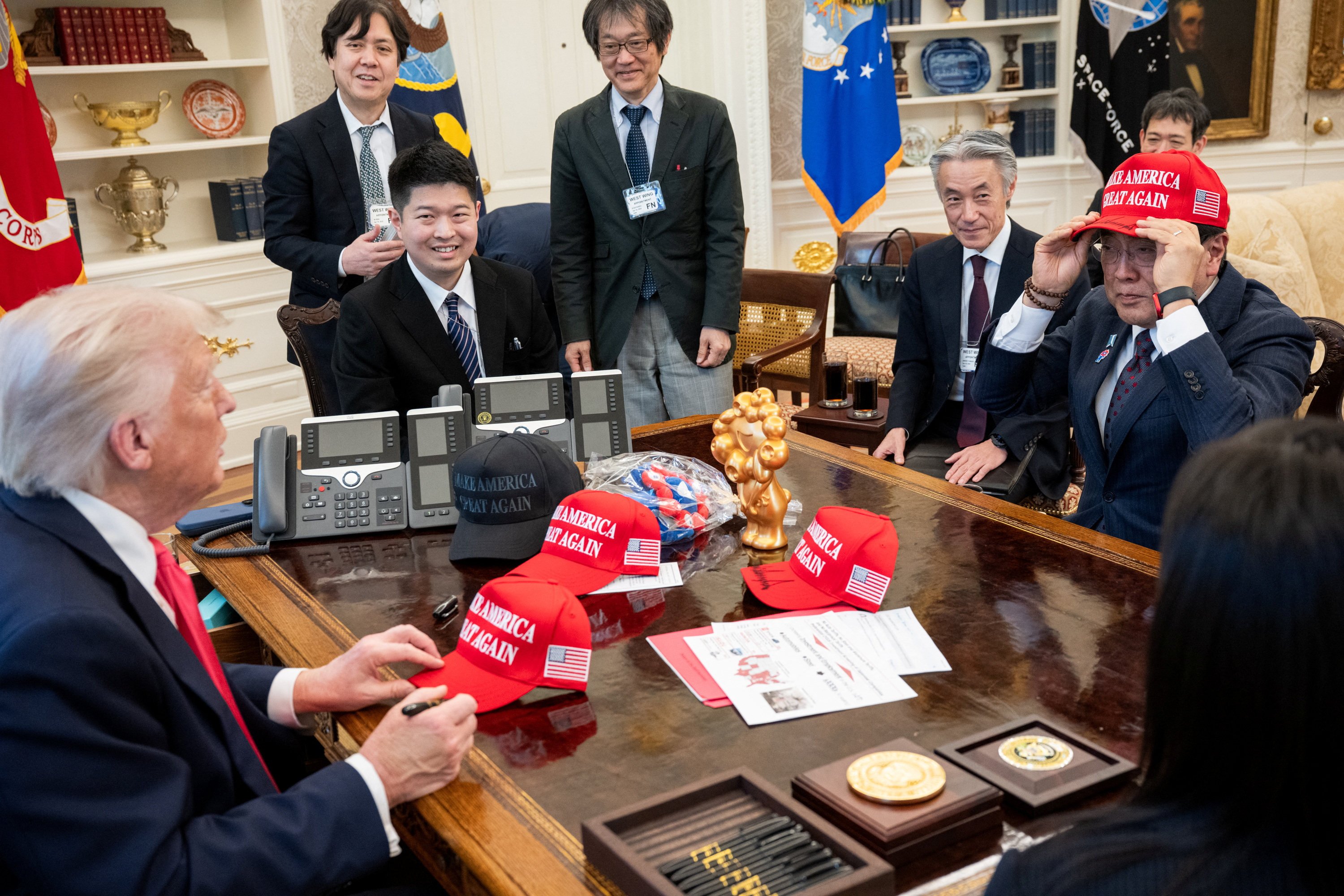Why China sees US trade deals with partners as a threat – and how it could react
As Washington’s deadline looms, Beijing warns nations not to cut deals that hurt its interests – but how will it respond if ignored?

Beijing has renewed its warning to other countries not to strike deals with the United States on terms that come at China’s expense – ahead of Washington’s looming deadline to conclude tariff negotiations with most of its trade partners.
Chinese officials are concerned that nations from Europe to Southeast Asia may enter into trade agreements with the US that divert supply chains, reduce bilateral trade with China or compel governments to exit Beijing-led projects, analysts said on Monday.
“The first important one is not to shift the supply chain,” said Liang Yan, professor of economics at Willamette University. “There’s a possibility that other countries would disengage from China.”
Issued over the weekend, Beijing’s latest warning echoed a similar statement in April. It came after US President Donald Trump hinted at lower tariffs or extended waivers for countries that negotiate in “good faith” – raising concerns in China, especially as many third countries maintain close ties with Washington, analysts said.
On April 2, the Trump administration imposed sweeping global tariffs – dubbing it “Liberation Day” – only to suspend most of the duties for 90 days to allow for talks.
Beijing and Washington have reached a trade deal, after tit-for-tat tariffs escalated to above 100 per cent on both sides, but the negotiation window for most countries closes on July 9 – though few details have emerged so far.
Beijing may see the talks as part of a broader US strategy to pressure other countries to impose duties on Chinese goods to secure better trade terms from Washington, said Andy Xie, an independent Chinese economist based in Shanghai.
In April, The Wall Street Journal reported that the US planned to pressure more than 70 countries to reduce trade ties with China.
Over the weekend, a Japanese government minister spoke twice with US Commerce Secretary Howard Lutnick about a pact that could expand trade, non-tariff measures and cooperation in “economic security”, Tokyo-based broadcaster NHK reported.
China is closely monitoring those talks over concerns that Japan could secure a deal for lower tariffs on US-bound cars in exchange for higher duties on Chinese electric vehicles, Xie said.
Beijing is also paying close attention to other US partners including the European Union, India, Malaysia, South Korea and Thailand.
The fear is that other countries could follow Panama’s lead, Liang said. In February, the Central American nation announced it would quit the 12-year-old Belt and Road Initiative – a decision made shortly after US Secretary of State Marco Rubio visited the country to voice concerns about China’s role in the Panama Canal.
Liang warned that Washington may be encouraging third countries to shift imports away from China and limit the transshipment of critical minerals to the US.
If countries comply, Beijing may retaliate by restricting crucial exports to those trade partners, Xie said. This could include raw materials, equipment or even food products from countries like Japan.
“The Vietnamese haven’t, I hope, been limiting China imports… That would be prodding the dragon.”Adam McCarty, chief economist with Mekong Economics in Hanoi
Chinese authorities could also increase scrutiny of non-US imports, Liang said – for instance, by stepping up inspections on Vietnamese durians.
Still, analysts said Beijing’s ability to retaliate is constrained, and that many countries would prefer to maintain strong trade ties with China.
“I think it’s just more of a reminder from the Chinese,” said Song Seng Wun, an economic adviser at the Singapore-based financial services firm CGS.
Vietnam, for example, relies heavily on China for factory investments and imports, said Adam McCarty, chief economist with Mekong Economics in Hanoi. “The Vietnamese haven’t, I hope, been limiting China imports… That would be prodding the dragon.”
Asian economies that trade with both China and the US would likely strike a careful balance, Song said. “It doesn’t make sense for them to throw their hat entirely in with American interests.”
Vietnamese Prime Minister Pham Minh Chinh last week pledged to maintain a “good balance” between the US and China.
Even if trade volume fell, China would likely find it difficult to determine whether reduced activity is directly linked to US negotiations, Liang said. Persian Gulf countries may have suddenly invested more in the US and less in China, for example, following Trump’s visit to the Middle East in May.
“I think it’s hard for them to pinpoint why countries move or reposition their investments in China.”